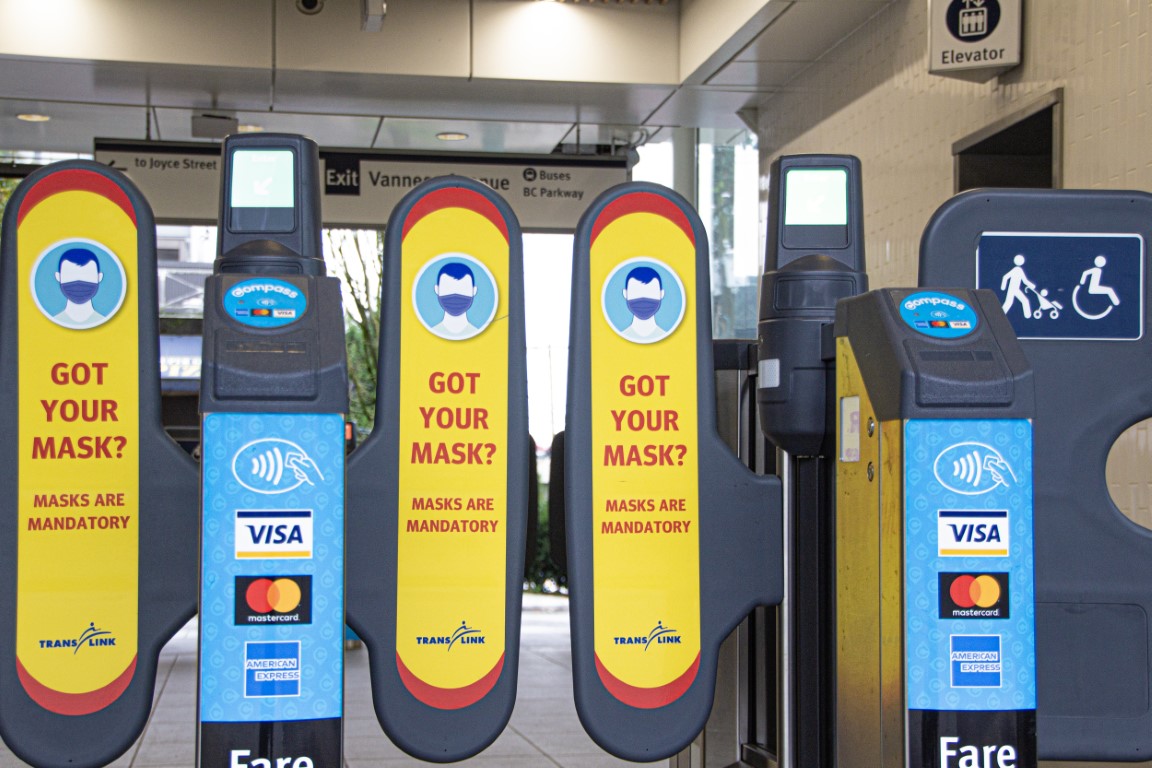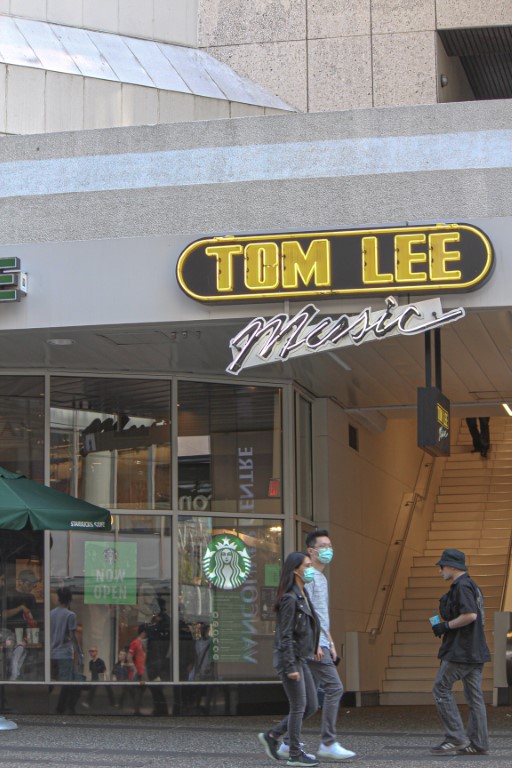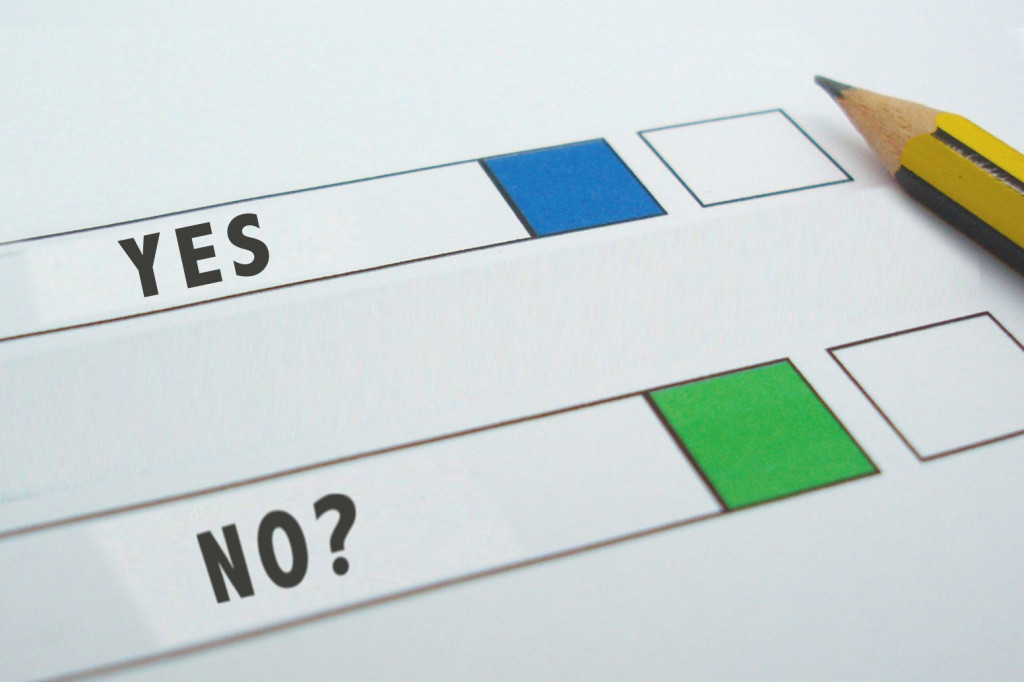
Councillor Sarah Kirby-Yung wants Vancouver to follow Delta’s lead
By Janis McMath, Editor-in-Chief
On Oct 20, Vancouver Councillor Sarah Kirby-Yung intends to bring forth a bill that makes masks mandatory in all indoor public buildings. Delta is already implementing similar measures in their city facilities, Richmond is seriously considering it and will vote on it soon—while White Rock councillors unanimously declined a similar proposal.
A poll by Leger from July showed that 73 percent of BC parents approved of mandatory mask rules in schools, so there is evidence of public support for mandatory masks—but Vancouver Coastal Health (VCH) strongly recommends declining this motion.
The two top medical health officers in Vancouver Coastal Health, Chief Medical Health Officer Dr. Patricia Daily and Deputy Chief Medical Health Officer Dr. Mark Lysyshyn, both highlight the issues that come with mandatory mask laws. In a letter, the two state that such a law could bar access to crucial services for those who lack the funds to obtain masks and lead to further “stigmatization and marginalization” for those who are poor. They also state that those who have underlying health issues that prevent them from wearing masks will also suffer the consequences. Additionally, staff at these civic service centres shouldn’t be given the role of determining who qualifies for an exemption.
On her bill, Kirby-Yung cites recent research—like an SFU study that looked at the relationship between mask mandates and a drop in COVID-19 cases. On the motion she drafted, she stated to Glacier Media that “some studies that have yet to be peer-reviewed—but should be hopefully soon—do indicate that masks can play an important role when people cannot physically distance in indoor spaces.”
Chief and deputy chief officers of VCH cite the “excellent COVID-19 safety plans in place at city facilities, and the relatively low rate of COVID-19 infection in the local population” as reasons to avoid mandatory-mask laws. The doctors also pointed out that wearing non-medical masks is one of the least effective measures, and these laws should not replace more effective measures like isolating at home when unwell, small social groups, and keeping physically distanced when around strangers. The BC Centre for Disease Control (BCCDC) offers an informational document called “Face Masks: How are they different?” which similarly explains that masks and gloves are lowest on the rung of protective measures and that masks are only effective when worn properly for short periods. In January, the BCCDC also warned that “masks may give a person a false sense of security and are likely to increase the number of times a person will touch their own face—to adjust the mask,” and Dr. Bonnie Henry has echoed this statement in the past.
For those that are hoping to see the bill go through, Kirby reminds that the council has previously gone against the recommendations of Vancouver Coastal Health (from example, when they relaxed regulations of pot sales in the Downtown Eastside and voted yes to public drinking in Vancouver).
MASK LIMITATIONS TO KEEP IN MIND
Homemade masks: not tested to regularized standards and are not made to create a seal around nose and mouth. “Offer minimal protection to the wearer,” according to the BCCDC.
Masks with exhaustion valves: due to their breathability, they allow potentially disease-filled droplets to easily get out. Industrial N95 respirators fall into this category. Not recommended.
Cloth coverings: thin, so must be folded multiple times to achieve effectiveness.
Surgical masks: meant for one-time use. Cannot be washed or reused—even after short periods—in ensuring effectiveness.


